My main goal is not to die in the first place. I hope to keep living, hopefully long enough that science will have solved the aging problem and I won’t have to die. But since I don’t know how long that’s going to take, cryonics is the real backup policy for me.
Archive (Page 6 of 6)
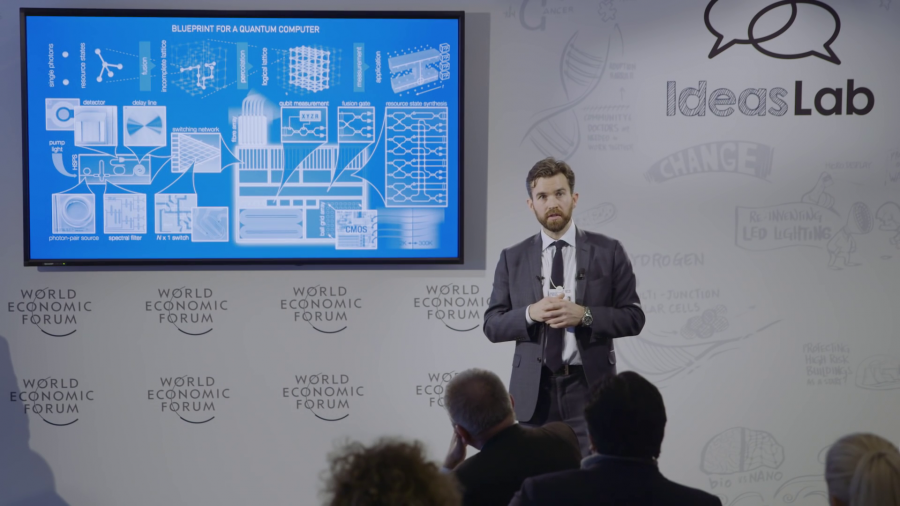
From vast data centers to mobile phones, the power of computers continues to transform our lives. But there are some problems across artificial intelligence, in the design of new materials, pharmaceuticals, and clean energy devices that they will simply never solve. So even if we turned our entire planet into a giant supercomputer we wouldn’t be able to solve these and many other important problems. The good news is that if we could build a computing device based on fundamental quantum principles, we could.
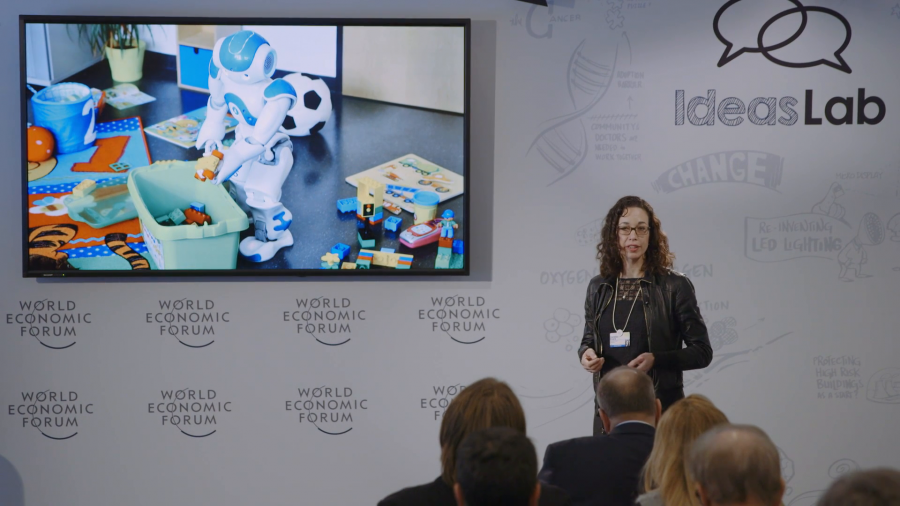
Social referencing is so great robots should do it, too. But first there are some technical challenges that we need to solve. For instance, low energy consumption. Throughout these technical challenges, what these robots really need to do is understand the social environment that they are in.
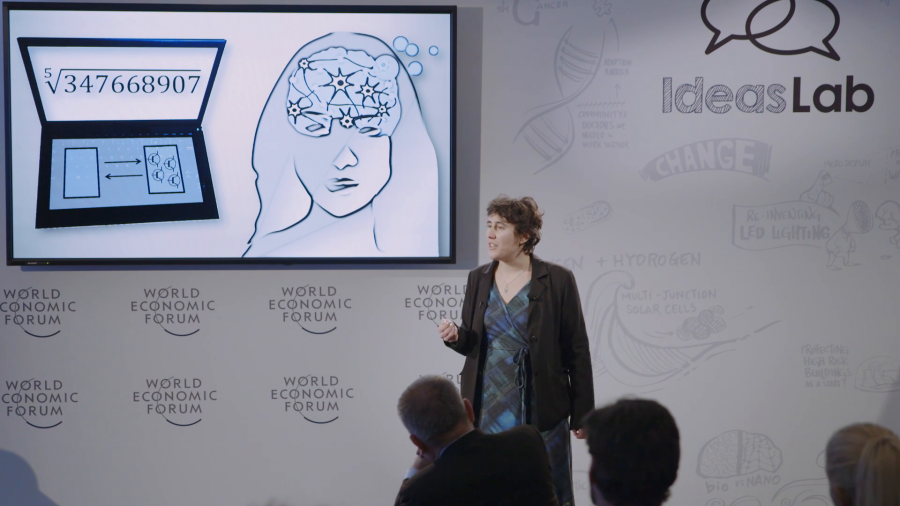
If we want to continue increasing the performance of our computers, we need to rethink the way we compute. And our brains are wonderful proof that impressive computations can be carried out with a very low power budget.
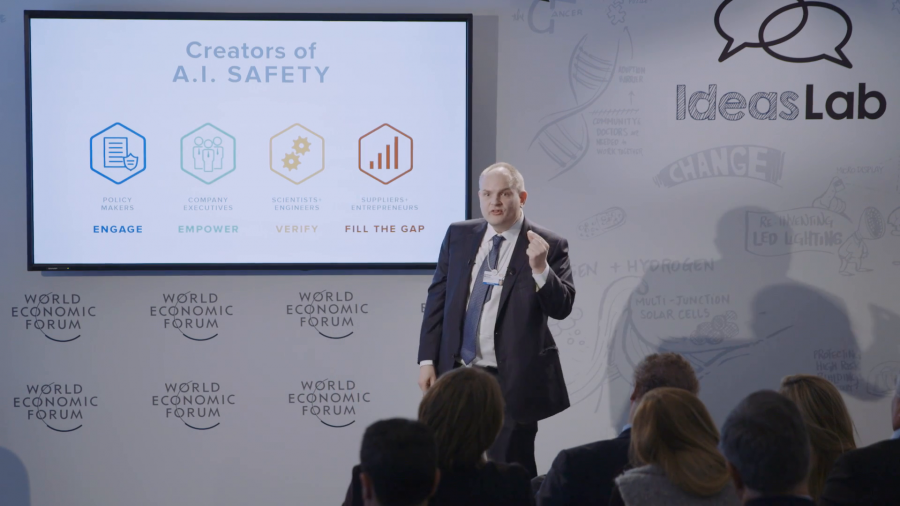
We’ve been building autonomous vehicles for about twenty-five years, and now that the technology has become adopted much more broadly and is on the brink of being deployed, our earnest faculty who’ve been looking at it are now really interested in questions like, a car suddenly realizes an emergency, an animal has just jumped out at it. There’s going to be a crash in one second from now. Human nervous system can’t deal with that fast enough. What should the car do?
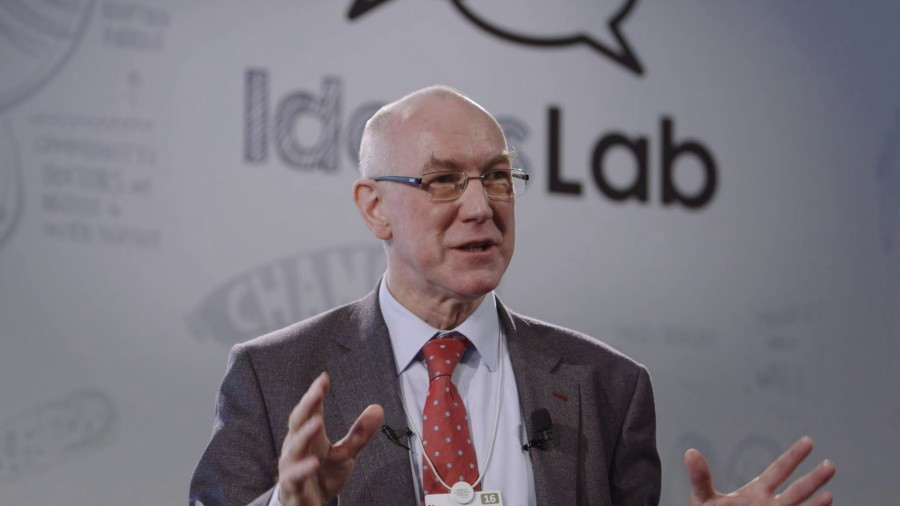
The idea of putting a robot simulator inside a robot, well, it’s not a new idea but it’s tricky and very few people have pulled it off. In fact, it takes a bit of getting your head round. The robot needs to have, inside itself, a simulation of itself and its environment, and others in its environment. And running in real-time as well.
I don’t think it’s going to be necessarily a problem within the next five to ten, fifteen, to maybe even twenty years. But my perspective on it has always been, because I am more philosophically focused in these things, why not try to address the issues before they arrive? Why not try to think about these questions before they become problems that we have to fix?
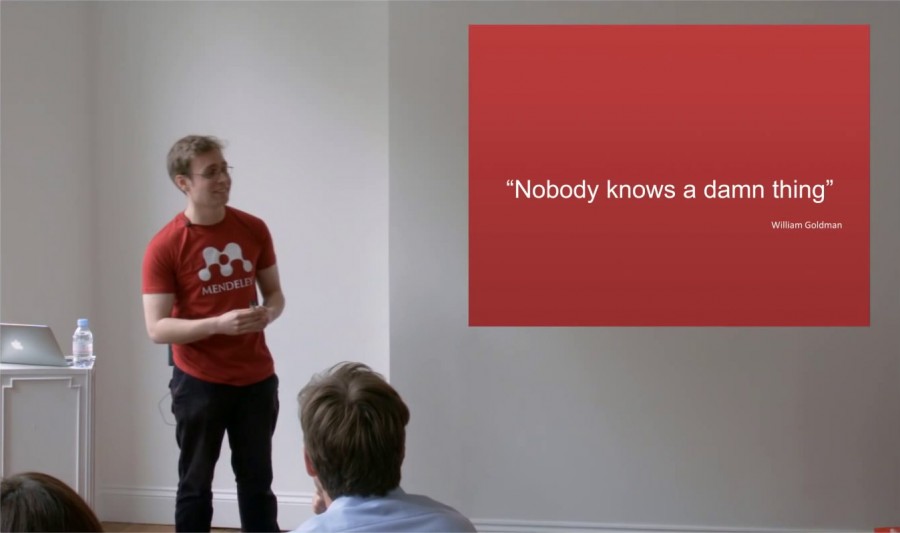
I’ve always been really interested in this idea of whether or not we can predict hits. You speak to anyone who works in the entertainment industry, and everyone has their was stories of that film they were sure was going to become a hit which somehow became a miss. There are niche films which appeal to everyone, and perhaps more likely, films that are designed to appeal to everyone which somehow appeal to no one.
